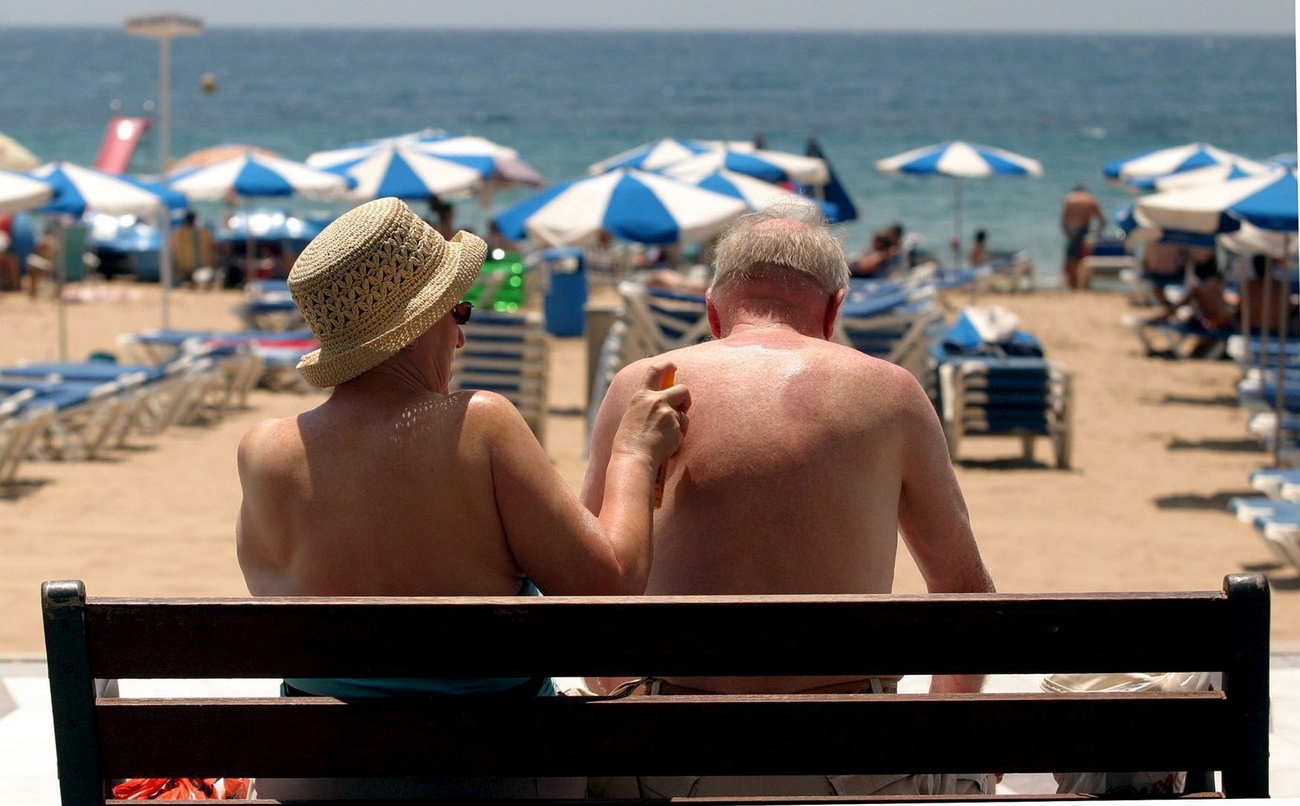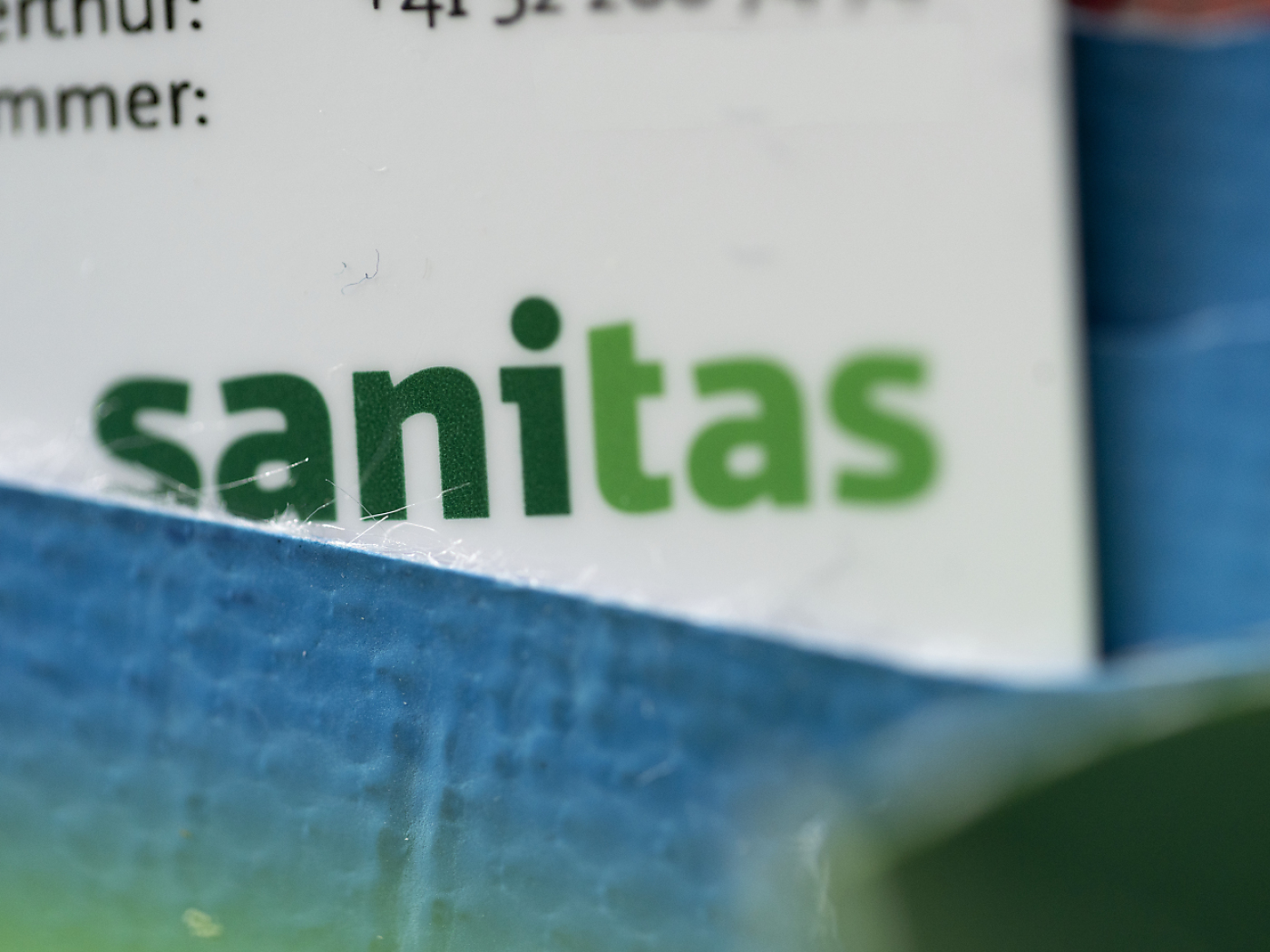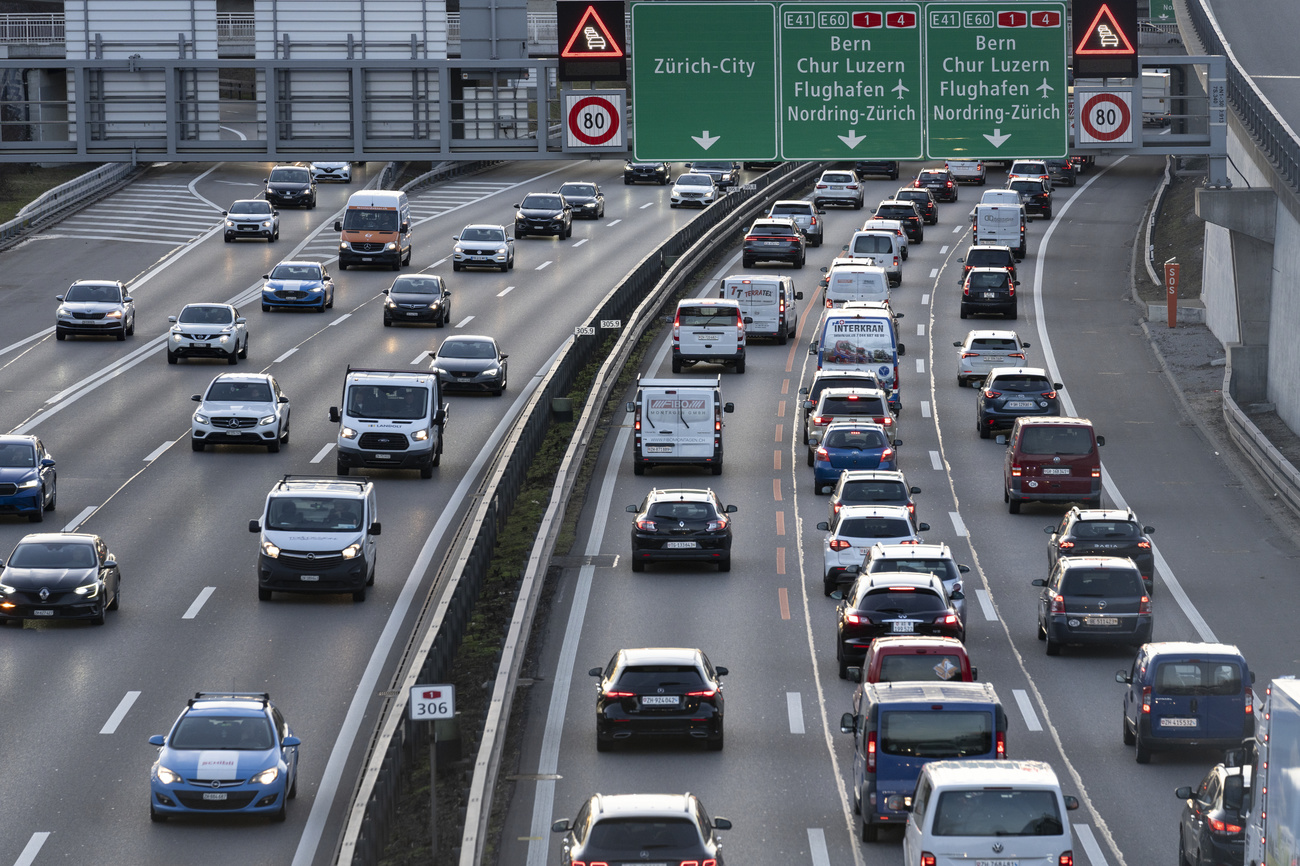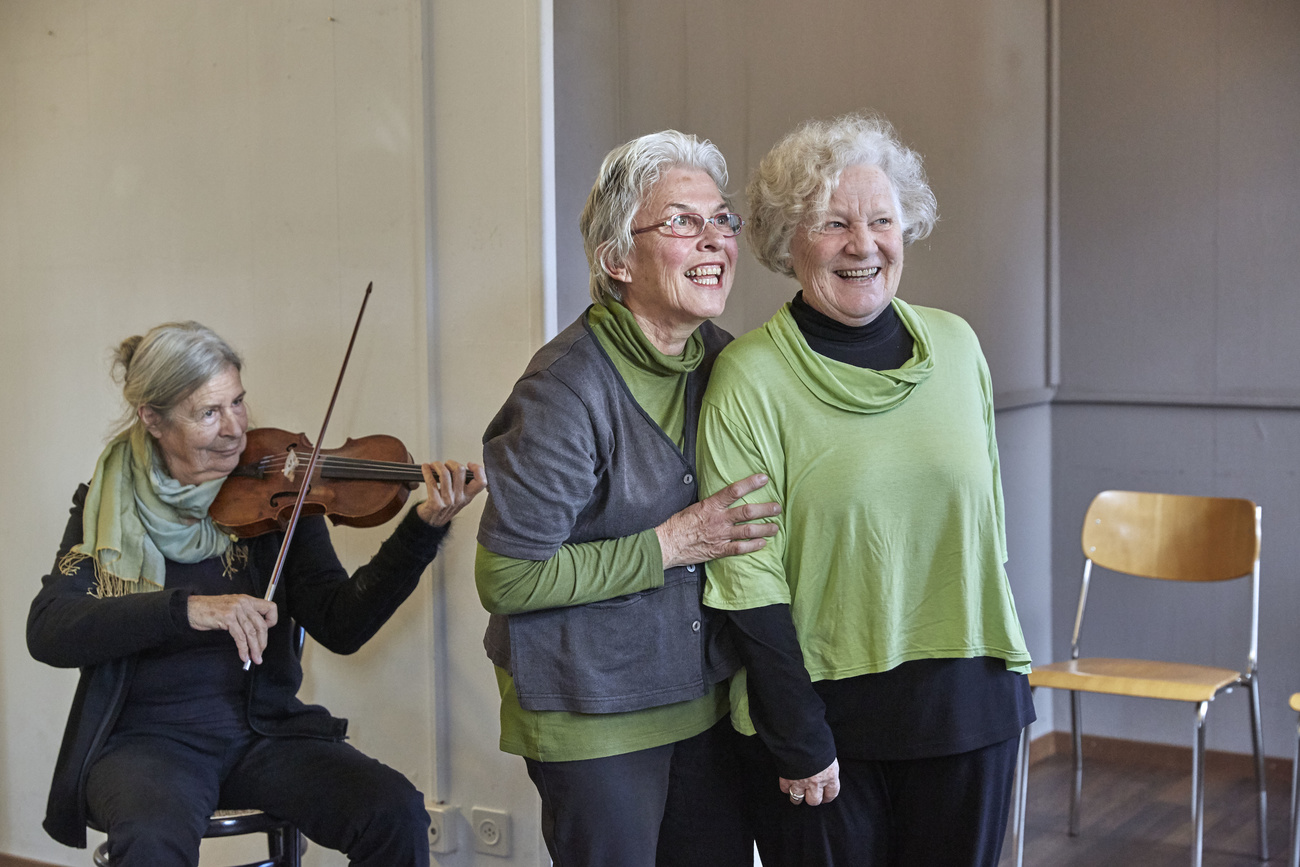Swiss state pensions abroad and what you need to know

How can I claim my state pension abroad? What do I have to pay attention to when I live outside Switzerland? Can I still make voluntary contributions to the state pension scheme from abroad? SWI swissinfo.ch has the answers to some of the most frequently asked questions.
What are social security agreements?
The number of social security agreements Switzerland concludes with countries outside the European Union (EU) and the European Free Trade Association (EFTA) is on the increase. The most recent one is with Tunisia. So far, Switzerland has entered into social security agreements with 21 countries, and their aim is to ensure the equal treatment of citizens from both Switzerland and the agreeing state.
Can you still make voluntary contributions to your state pension from abroad?
The good news is that Swiss nationals who live in one of these 21 countries outside the EU and EFTA are still allowed to join the voluntary old-age and survivors’ insurance (OASI) scheme and receive a Swiss pension when they retire.
However, not all Swiss expats can benefit from this system. Under a new rule which was introduced for EU countries in 2001 and for the EFTA countries of Norway, Iceland and Liechtenstein in 2006, Swiss nationals residing in these countries can no longer make voluntary contributions to the state pension. Once they retire, they will receive partial pension payments from countries where they paid into the pension scheme for at least one year.
Those who want to join the voluntary OASI scheme, which is only possible outside the EU and EFTA, must fulfil one central requirement: by the time they leave their compulsory insurance scheme, they must have been insured with the OASI for at least five consecutive years.
Further practical information on all things OASI is available on the website of the Organisation of the Swiss AbroadExternal link.
What changes have been made in the OASI scheme in recent years?
Until 2001, Swiss passport holders who live abroad could join the voluntary OASI scheme at an older age even if they never made any contributions to the scheme or left Switzerland at a very young age. However, as this led to huge deficits in the state pension system, this generous law was changed in 2001.
Here is an example: prior to 2001, half of the people insured under the voluntary scheme qualified for the minimum contribution of CHF378 per year while only 7% under the compulsory scheme met the requirements for minimum contributions. This means that the majority of beneficiaries received a respectable minimum pension even though they only paid the smallest premium.
One reason for this imbalance was that the Geneva-based Swiss Compensation Office (SCO), which administers the voluntary OASI, did not have the required capacities to thoroughly check the declared incomes. So it happened that insured people declared a minimum income which helped them avoid payment gaps that would reduce their pension payments.
Another reason for the huge deficit is that the voluntary OASI scheme mainly attracts low-income earners who benefit from the low premium payments.
Prior to 2000, the total cost of the voluntary OASI ran up to CHF208 million, whereby only CHF59 million were covered by contributions from the beneficiaries. Hence, the deficit amounted to CHF149 million.
How many people benefit from the voluntary OASI scheme?
The state pension scheme has recovered in the meantime which is mainly due to the new regulation which has cut the number of beneficiaries by denying Swiss nationals in the EU and EFTA the right to benefit from the scheme. At the same time, it has lost its significance for many Swiss abroad because the social insurance systems in their countries of residence have also extended their coverage.
At the end of 2000, 57,000 people had participated in the voluntary OASI scheme. This number dropped to 19,000 in 2012 and to 11,000 in 2021.
Do you have to be Swiss to receive a state pension?
No. Many people do not know that EU citizens can also voluntarily join Switzerland’s state pension scheme as long as they fulfill the same requirements as Swiss nationals. This is laid down in the Agreement on the Free Movement of Persons between the EU and Switzerland as well as in the EFTA Agreement.

Here is an example: a German national worked in Switzerland for more than five years and was insured under the compulsory OASI scheme during that time. If this person moves to a non-EU or non-EFTA country, they can continue to be insured under the voluntary OASI scheme in Geneva.
When can you claim your pension under the voluntary system?
It works exactly the same as the compulsory system. Women are entitled to their full pension after 43 years of paying contributions, while men must pay into the scheme for 44 years. The Swiss abroad are unlikely to contribute enough to gain a full pension.
How is the pension calculated?
Most Swiss abroad are only entitled to a partial pension as they often have gaps in their contribution period. For each year they did not pay a premium, they can expect a pension cut of at least 1/44.
It is important to note that a full pension is not equal to a maximum pension. To receive the maximum state pension which currently stands at CHF2,450 per month, you must have earned an annual average income of CHF88,200 over all those years. However, the average income is not simply determined by adding up the individual salary payments: earnings from earlier years are re-valued according to wage and price trends. Allowances for education and care are also added.
Do I have to actively register?
Yes. But according to the Geneva-based Central Compensation Office (CCO), many beneficiaries believe that the office will contact them once they reach the retirement age – 64 for women and 65 for men. This is not the case. “It is up to the beneficiary to apply for their pension around six months before reaching retirement age,” says a CCO spokeswoman.
Early or delayed retirement – what applies?
Like everyone residing in Switzerland, the Swiss abroad can also choose to retire two years before their full retirement age or delay retirement by five years. However, regulations for delayed retirement are not quite clear. As the state pension must be applied for, some people believe that their request to delay retirement and the resulting increase in their pension payments will be initiated automatically if they do not get in touch.
Again, this is not the case. Persons who want to delay retirement must apply for it at least one year after reaching the full retirement age. If the application is not submitted within this period, the pension will be paid out retrospectively but without the added payments for the extra years worked past retirement age.
Translated by Billi Bierling
More

In compliance with the JTI standards
More: SWI swissinfo.ch certified by the Journalism Trust Initiative













You can find an overview of ongoing debates with our journalists here . Please join us!
If you want to start a conversation about a topic raised in this article or want to report factual errors, email us at english@swissinfo.ch.